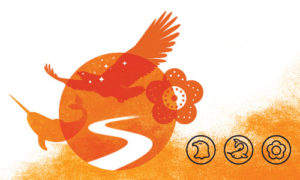Squash Canada is committed to having a sport community that is reflective of diversity, equity, and inclusion. Demonstrated through our values and in special projects and programming, Squash Canada strives to create a safe, diverse, inclusive, and accessible environment for all participants.
Since 2020, Squash Canada has embarked on an intensive path to increase the organizations initiatives related to inclusivity, diversity, equity, and accessibility (IDEA). In June 2020, Squash Canada’s Board established the mandate for a Diversity, Equity, and Inclusion Taskforce. The Taskforce was charged with creating a strategic framework for diversity, equity, and inclusion. The Taskforce engaged squash community members from across the country who represented players, coaches, officials, parents, and volunteers who were from diverse backgrounds. The group identified gaps and opportunities related to programming, promotion, and metrics. Subsequently, a national survey on IDEA was completed and a three-year strategic plan was created in May 2021.
In September 2022, Squash Canada received funding from the Community Sport for All Initiative grant program, funded by the Department of Canadian Heritage and the Government of Canada. The CSAI funding component of the Sport Support Program sought to remove barriers and increase sport participation rates for underrepresented groups through community sport activities. Through this program, Squash Canada was able to bring $312,000 into the organization to help fund two major projects at the community level: the IDEA Encouragement Fund, and Urban Squash Centre project.
The IDEA Encouragement Fund included the creation of application guidelines, program templates, and report forms with the goal to distribute over 100 grants to eligible community organizations for targeted programming, while Urban Squash Centres included two aspects: (1) research and development of a community programming pilot handbook to provide organizations with information on job descriptions, program curriculum, policies, and procedures and more; and (2) disburse funding to three to five target communities to establish new Urban Squash Centres (similar to the Urban Squash Toronto concept) to acquire equipment, hire local employees, and deliver programming.
At the culmination of the 2022-23 CSAI project, Squash Canada once again applied for funding and in November 2023 was the recipient of $766,000 through the CSAI grant program. Squash Canada worked closely with Sport for Life to execute the proposed project which included strengthening integral relationships between the provincial, territorial, and national squash bodies, and community leaders from new to Canada and people of diverse abilities communities; and building capacity within the various individuals and organizations to better know and understand the adverse barriers to those in underrepresented communities participating in sport. In addition, the proposed project developed a variety of legacy tools including the adaptation of two Sport for Life manuals, the creation of adaptable lesson plans, the purchase of PLAYBuilder, and the training of several new Community Squash Instructors. Lastly, the proposed project culminated in the running of an 8-week long squash program for targeted community members in various regions of the country, utilizing the relationships, knowledge and understanding, and legacy tools to help execute.
Squash Canada continues to foster and encourage IDEA practices within the organization by adhering to its Diversity, Equity, and Inclusion Policy.



